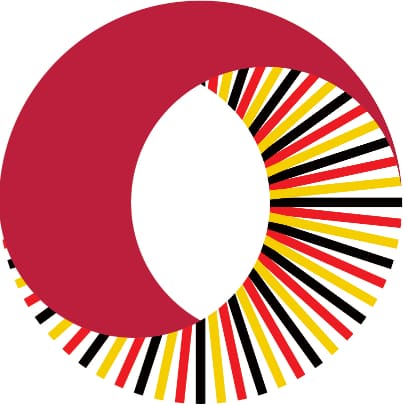4th Meeting of the Hydrogen Working Group
On September 27, the 4th meeting of Working Group 2 on Hydrogen of the Japanese-German Energy Partnership took place. The WG2 co-chairs Dr. Christine Falken-Großer (Federal Ministry for Economics and Climate Action (BMWK)) and Tomohiko Adachi (Ministry of Economy, Trade and Industry (METI)) together with further ministry representatives and guest experts exchanged insights and viewpoints on current developments in hydrogen policy, reflected on previous cooperation and activities, and discussed future joint projects and focus topics. The WG co-chairs provided insights on the updated national hydrogen strategies, underlining the increased ambition of both countries to promote the hydrogen market ramp-up and become technology leaders.
JPN hydrogen targets:
▶️ Japan is aiming for a hydrogen supply of 3 Mt by 2030, 12 Mt by 2040 and 20 Mt by 2050, and an electrolysis target of 15 GW by 2030 with Japanese companies involved.
▶️ The current demand of 2 Mt (mainly in refineries and the chemical industry) is to be replaced by low-carbon hydrogen in the short term.
▶️ The industry is to set voluntary targets for the switch to (clean) hydrogen, and in the long term there will be mandatory quotas.
GER hydrogen targets:
▶️ The target for domestic electrolysis capacity has been increased from 5 GW by 2030 to 10 GW by 2030.
▶️ The annual demand for hydrogen in Germany is expected to be 95 to 130 TWh by 2030 (currently: 55 TWh).
▶️ A separate import strategy is to be published this year, as a large part of the hydrogen supply (50-70%) is to be covered by imports.
While Japan almost exclusively will import hydrogen in the future via ships, Germany is also looking at additional supply channels via pipelines from neighboring countries and from domestic production of H2.
Moreover, the WG talked about the topic of hydrogen financing. It was discussed how targeted policy measures and instruments can stimulate and incentivize private and public funds for the necessary investments in the hydrogen economy. Toyoda Kohei from the Japan Bank for International Cooperation, Rei Motoyama and Geoff Crum from Deutsche Bank and Elisabeth Sterner from H2Global Foundation provided the basis for an interesting and lively discussion with insightful short presentations.
The co-chairs of the WG decided on a regular exchange on the development and design of financing instruments for the hydrogen market ramp-up in both countries. Furthermore, among other topics, the WG will focus on hydrogen infrastructure, hydrogen safety and synthetic natural gas (SNG).

